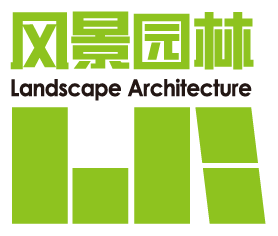Abstract:
This article outlines a form of critical research and practice in landscape architecture by examining a pedagogy of critical landscape planning run in the final year Bachelor of Arts in Landscape Studies program at the University of Hong Kong that focuses on the Greater Mekong. We examine three key struggles that both define and sustain a pedagogy and practice of critical landscape planning: 1) holding cultural-technological positions; 2) ensuring transdisciplinary approaches; 3) promoting process-oriented approaches to development. We define critical landscape planning as an applied critical research practice and identify the aspects of the landscape architecture design discipline that enable it. This article also makes several suggestions that are equally important for design research and professional practice. These include replacing “site analysis” with a process of site-specific interdisciplinary socialization and replacing design and planning “concepts” with generative cultural-technological positions.


 下载:
下载:
